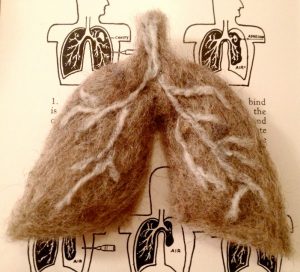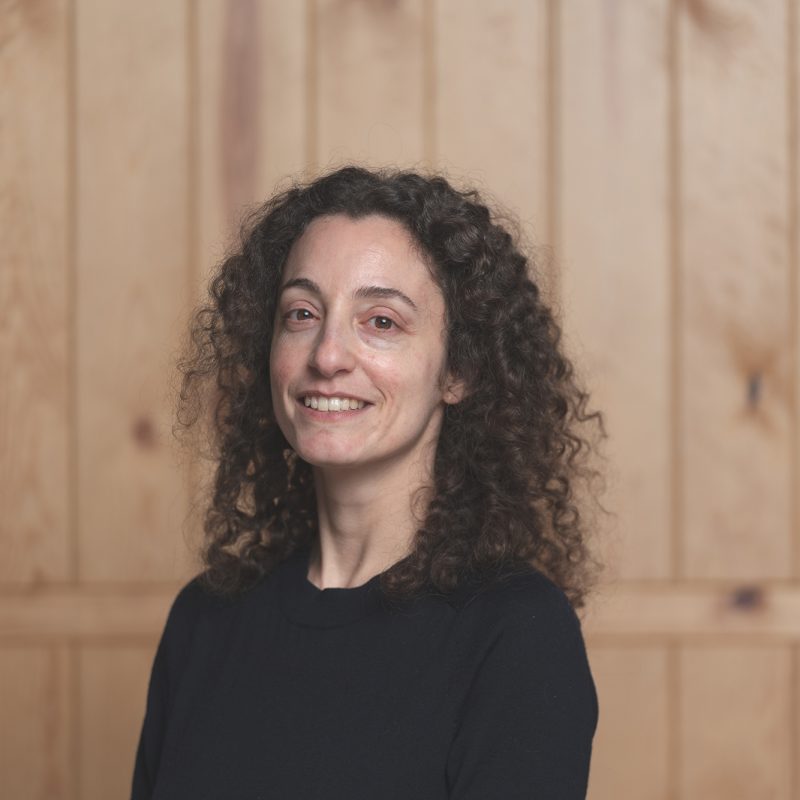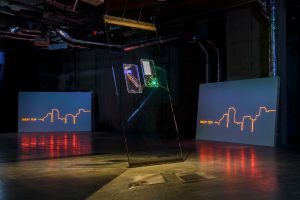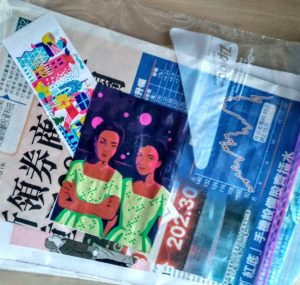Here is a snippet from my interview in Stockpiling Food For Thought edition #2. To read the full text, head over to Sensorium🙂
Sensorium: Why could it be interesting for an artist/curator to work with the topic of illness? What is the desired impact of such works, what kind of reaction do artists & curators expect from the audience?
Irini Papadimitriou: Although all of us experience illness, disease, bacteria and viruses, deeper knowledge and understanding about these belongs to scientists mainly. I think artists working with science and in this case, in the field of illness, disease, bacteria or viruses can provide insightful new perspectives, but also challenge perceptions. Artists involved with these topics can help reveal a microscopic, invisible to the naked eye world, a world that is usually inaccessible and scary for most people. The obvious things to say or see in illness, bacteria and viruses is the terrible and evil side, but through art we can understand microorganisms such as bacteria and viruses as other living things that try to survive.
While working with artist Anna Dumitriu, whose work I find fascinating, I learned that bacteria use chemical signals to communicate with each other, so they are a living network of microorganisms. Through the work of Giulia Tomasello I also learned more about “good” bacteria and how important these are for our bodies and health.
But to go back to the topic of disease, artists engaging with this can reveal not only medical processes, but also ethical issues, as well as the politics, financial gain and inequalities. In a crisis like the current pandemic, it becomes obvious how unjust the health system is in some places and how many people are unable to access it.
Artists can also challenge perceptions around disease. One of Anna Dumitriu’s projects that I curated for Watermans in London in 2014, was The Romantic Disease: An Artistic Investigation of Tuberculosis. A brilliant long term research and investigation of historical narratives around Tuberculosis that aimed to explore and share the misconceptions, myths and superstitions around the disease. The Romantic Disease has been one of the most exciting projects to be involved with and engaged audiences in brilliant ways, through the exhibition, workshops and talks.

The Romantic Disease: An Artistic Investigation of Tuberculosis © Anna Dumitriu





